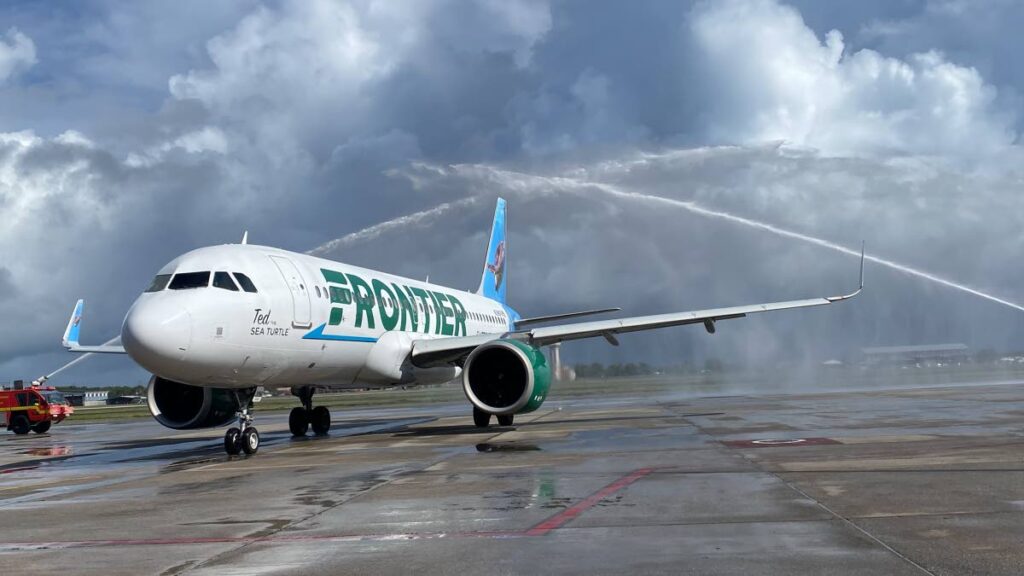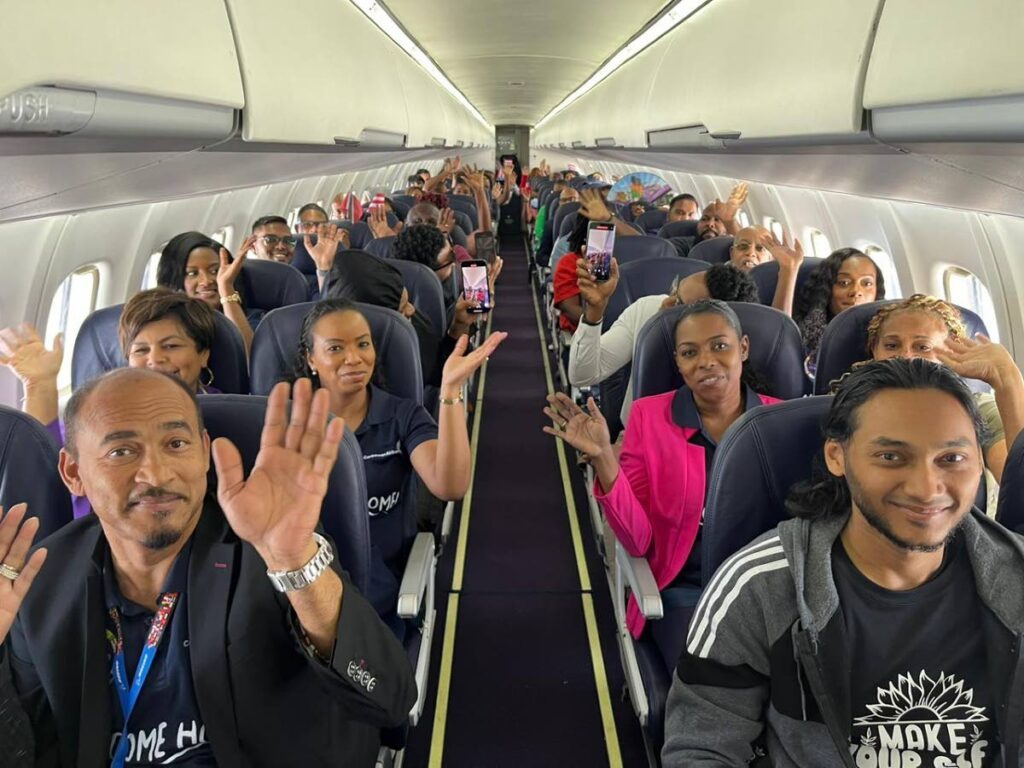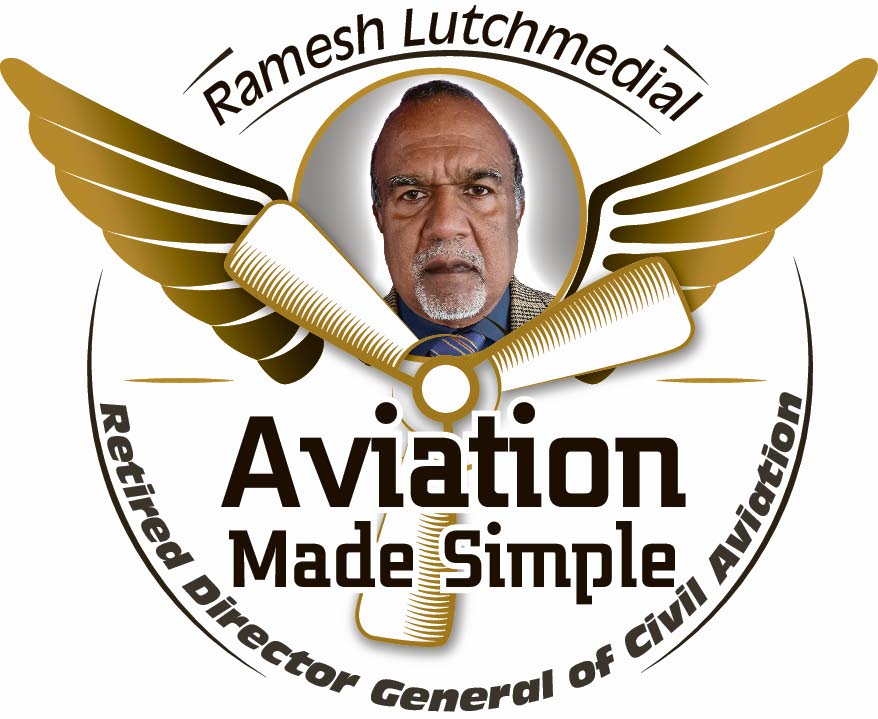Why new routes take off – or are grounded

The week gone by saw both Frontier Airlines and Caribbean Airlines (CAL) giving a boost to air linkages between TT and Puerto Rico.
On July 10, Frontier Airlines, an ultra-low-cost carrier (ULCC), launched a thrice-weekly non-stop service between TT and Puerto Rico, using an Airbus A320 aircraft.
Similarly, on July 14, CAL, a non-low-cost carrier, launched a thrice-weekly non-stop service, using its ATR 72-600 aircraft.
Puerto Rico became a territory of the US after the Spanish-American war in 1898. The Foraker Act of 1900 established a civil government in Puerto Rico, ending rule by American generals and the Department of War.
The Jones Act made Puerto Ricans US citizens and paved the way for the drafting of its constitution and its approval by the US Congress and Puerto Rican voters in 1952. As US citizens, Puerto Ricans can move freely between the island and mainland US.
In February 2010, Jamaican Prime Minister Bruce Golding informed his parliament that after failing to reach an agreement with the owners of US-based Spirit Airlines on the privatisation of Air Jamaica, a decision was taken to engage second-rank bidder CAL.

Photo courtesy CAL -
The designation of CAL by the government of Jamaica to operate routes into the US without its being majority-owned and controlled by citizens of Jamaica was initially problematic.
However, the US indicated it would favourably consider such a designation provided both countries signed "open-skies" agreements with the US. Jamaica had previously signed an open skies with the US on October 30, 2008.
On May 1, 2010, after three days of negotiations between a US State Department team and a TT cabinet-appointed team led by Justice Cecil Bernard (deceased) and myself, as the director general of Civil Aviation, an open-skies-type bilateral air services agreement (BASA) was initialled. On May 22, 2010, the BASA was signed by Minister of Works and Transport Colm Imbert and US ambassador to TT, Beatrice Wilkinson Welters.
Under the BASA, any number of US airlines can operate unlimited services from any point in the US to any point in TT. Likewise, CAL can operate unlimited services from points in TT to points in the US.
Based on the BASA, both Frontier and CAL have rights to operate in TT and Puerto Rico, and were granted the requisite approvals by the respective aeronautical authorities.

Tourism in Puerto Rico attracts millions of visitors annually, with more than 5.1 million passengers arriving at the Luis Muñoz Marín International Airport in 2022, a 6.5 per cent increase from 2021. With a US$8.9 billion revenue in 2022 (a 39 per cent increase over the previous high in 2019), tourism has been an important source of revenue for Puerto Rico given its favourable warm climate, beach destinations, diverse natural wonders, cultural and historical sites, festivals, concerts, sporting events and competitive shopping.
Frontier Airlines is a major American ULCC headquartered in Denver, Colorado. It flies to over 120 destinations in the US, Caribbean, Mexico and Central America. The carrier is a subsidiary and operating brand of Indigo Partners, LLC, and maintains a hub at Denver International Airport, with numerous focus cities across the US and Puerto Rico.
In 1994, Frontier Airlines was formed by Frederick W Rick Brown, a United Airlines pilot, his wife Janice and Bob Schulman, the latter two having worked at the original Frontier Airlines, a different airline with the same name which operated from 1950-1986.
In 2014, Frontier announced it would be transitioning into a ULCC. As a ULCC, Frontier sells basic economy-class tickets and imposes fees for additional amenities and services, such as advance seat reservation, carry-on and checked baggage, date changes and buy-on-board service for meals and refreshments.
Apart from lower base fares, Frontier offers onward connections to US mainland destinations from its Puerto Rico hub.
On the other hand, CAL which is majority-owned by the TT Government, is on the cusp of sustained profitability.
It operates a modern fleet of Boeing 737 MAX 8 and ATR 72-600 aircraft. With its fleet expansion and growing network, CAL is entrenched as the airline of the Caribbean, which is congruent with its name.
CAL’s baggage allowances will be attractive to travellers to Puerto Rico, which is a mecca for shoppers and bargain-hunters.
Based on marketing studies, airlines expand their route network to destinations that have the potential to be profitable. If, with time, the route is consistently underperforming, an airline will more than likely terminate operations on that route.
In December 2007, Delta Airlines began a weekly flight from Atlanta to Tobago and four flights per week from New York Kennedy to Port of Spain, Trinidad. Citing "challenges of the current economy," Delta ceased operations in TT from June 1, 2010.
In the post-covid19 era, both Canadian airlines Air Canada and WestJet are yet to resume operations into TT. Likewise, JetBlue a ULCC, has resumed flights to TT from New York, but is yet to resume flights from Fort Lauderdale.
The airline industry is hyper-competitive and demand for air transport is linked to economic activity. Airlines compete with each other on the basis of price, frequency, passenger comfort and service quality.
CAL's customer service, particularly its in-flight service, is second to none for indigenous airlines in the region. This factor can easily counteract the impact of low-cost carriers.
CAL and its predecessor BWIA have faithfully served the region and its loyal customer base with its Caribbean warmth for over 84 years .
When extra-regional airlines cease to operate in the region and TT for economic reasons, CAL will continue to be the most reliable lifeline of air connectivity in the Caribbean.


Comments
"Why new routes take off – or are grounded"